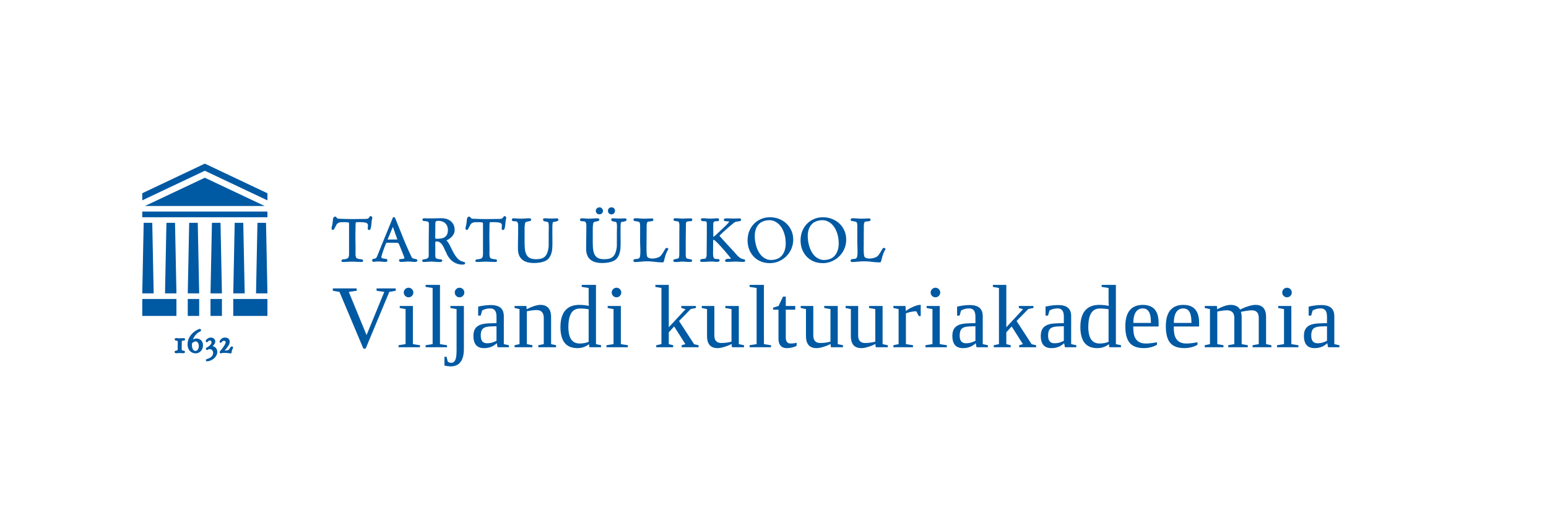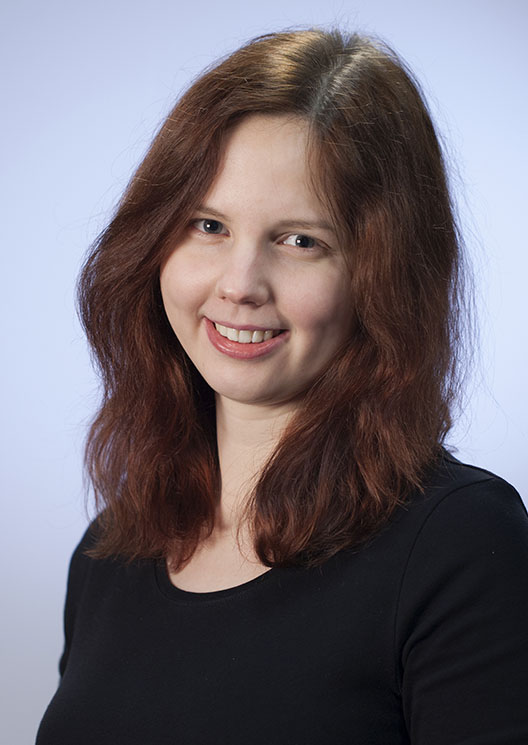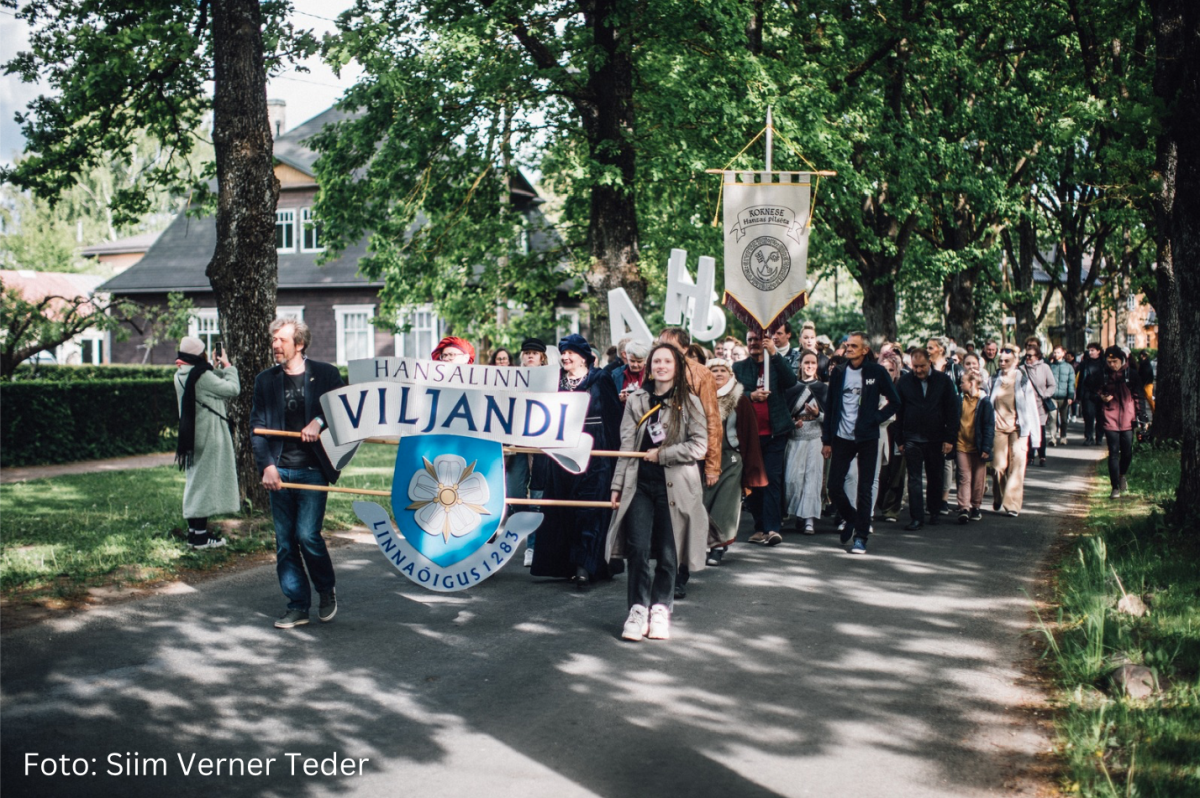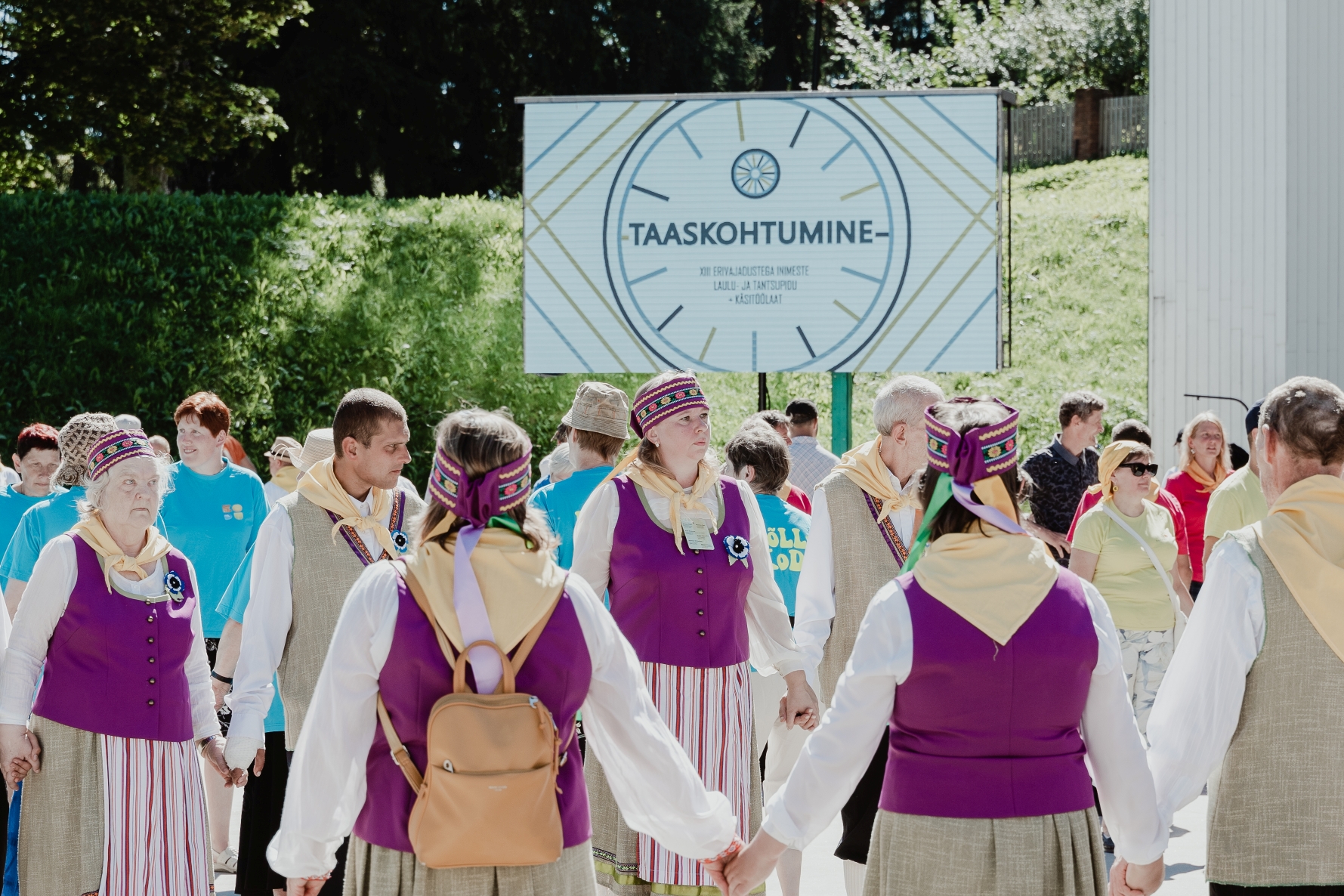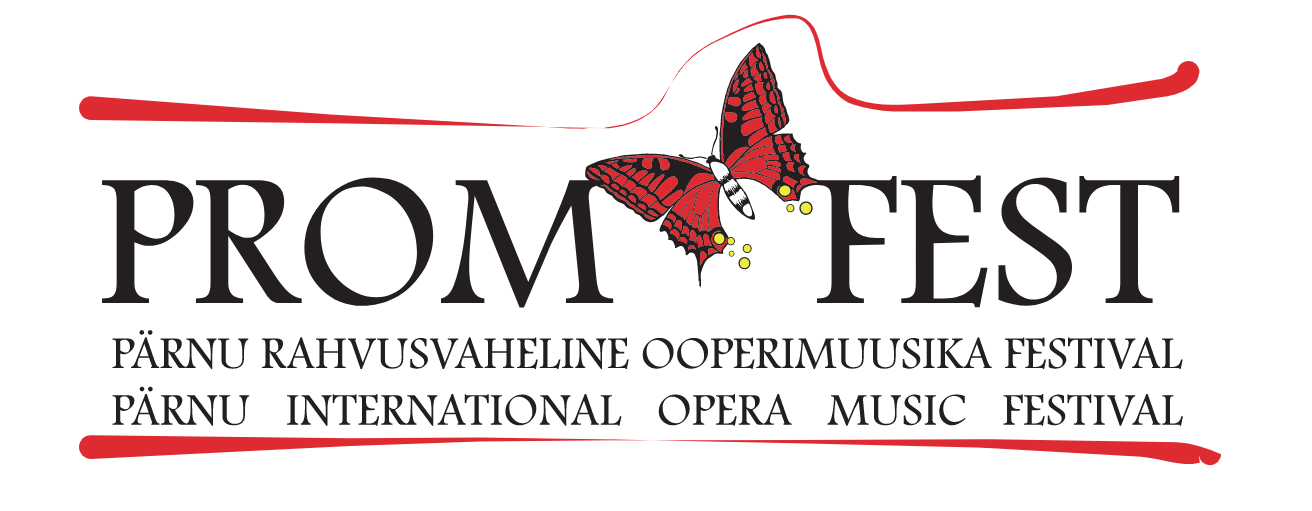“PÕHJA- JA BALTIMAADE PÄRIMUSMUUSIKA KÕRGKOOLIDE VÕRGUSTIKU NORTRAD AASTAKOHTUMINE” (juhendaja Signe Susi, MA).
LÜHIÜLEVAADE: Oma loov-praktilises lõputöös „Põhja- ja Baltimaade pärimusmuusika kõrgkoolide võrgustiku Nordtrad aastakohtumine“ annan ülevaate sündmusest, mis toimus 19.-24. aprillil 2016. Viljandis. Aastakohtumine tõi kokku 150 pärimusmuusika üliõpilast ja õppejõudu 17 erinevast kõrgkoolist. Nordtradi aastakohtumine aitas korraldajatel – TÜ Viljandi Kultuuriakadeemia ja Eesti Pärimusmuusika Keskusel – luua ja tihendada rahvusvahelisi sidemeid (pärimus)muusika valdkonnas. Töös analüüsin sündmuse toimumise majanduslikku mõju peamiselt erinevatele Viljandi linna teenusepakkujatele, psühholoogilist ja sotsiaalkultuurilist mõju osalejatele ning inimestele, kes külastasid kontserte, mõju Viljandi turismile ja kaubandusele ning keskkonnale. Töö sisaldab korraldustöö ja osalejate tagasiside analüüsi ning eneserefleksiooni.
Triin Rannamaa
Lõputöö autor
TÜ Viljandi Kultuuriakadeemia
LÄBITUD ÕPPEKAVA: kultuurikorralduse õppekava.
[Best_Wordpress_Gallery id=”29″ gal_title=”Triin Rannamaa”]
SUMMARY: THE ANNUAL NORDTRAD NETWORK MEETING OF NORDIC AND BALTIC FOLK MUSIC SCHOOLS
The annual Nordtrad network meeting of Nordic and Baltic folk music schools took place in Viljandi for the third time. The event that lasted from April 19th to April 24th, united and brought together 150 folk music students and lecturers from 17 different universities and colleges. The organizational part of the meeting in Viljandi was in accordance with the goals of University of Tartu Viljandi Culture Academy, as well as with the music department of Culture Academy and with the event’s cooperation partner NGO Estonian Traditional Music Center. This kind of collaboration helped to create, tighten and strengthen international relations in the field of folk music. In addition to that, the event had an economic effect on different service providers in Viljandi, a psychological and social-cultural effect on the participants and on people, who attended the concerts as well as an overall impact on tourism, trading and the environment.
The whole undertaking of arranging and organizing the event went quite smoothly without any major obstacles. Also, the action plan of the events was realistic and the budget was kept in balance. The teamwork could have been better organized – the tasks could have been better divided which would have considerably optimized the work tasks for myself and for program manager. During the event we had to solve some problems that were previously brought forth in the risk assessment but just as I mentioned the solutions were previously thought through and solving them was not an issue.
Based on the feedback from the participants the event can be considered a success. On the positive side, when evaluating the event, the participants highlighted the atmosphere of Viljandi, helpful and friendly organizers and pleasant co-participants. The program as a 72 whole got positive feedback as well, especially the workshops, concerts, general planning of the event including accommodation and transport of the musical instruments. Main drawbacks that the participants brought out were about catering and the planning and location of the free stage.
Organizing Nordtrad network meeting of Nordic and Baltic folk music schools gave me my first ever experience in planning a large scale international event. During the process I learned how to express myself better in a foreign language, how to delegate tasks and I also found out that I can generally maintain my calmness both during the period of planning the event and during the event itself. I should however work on my ability to communicate with the media.
